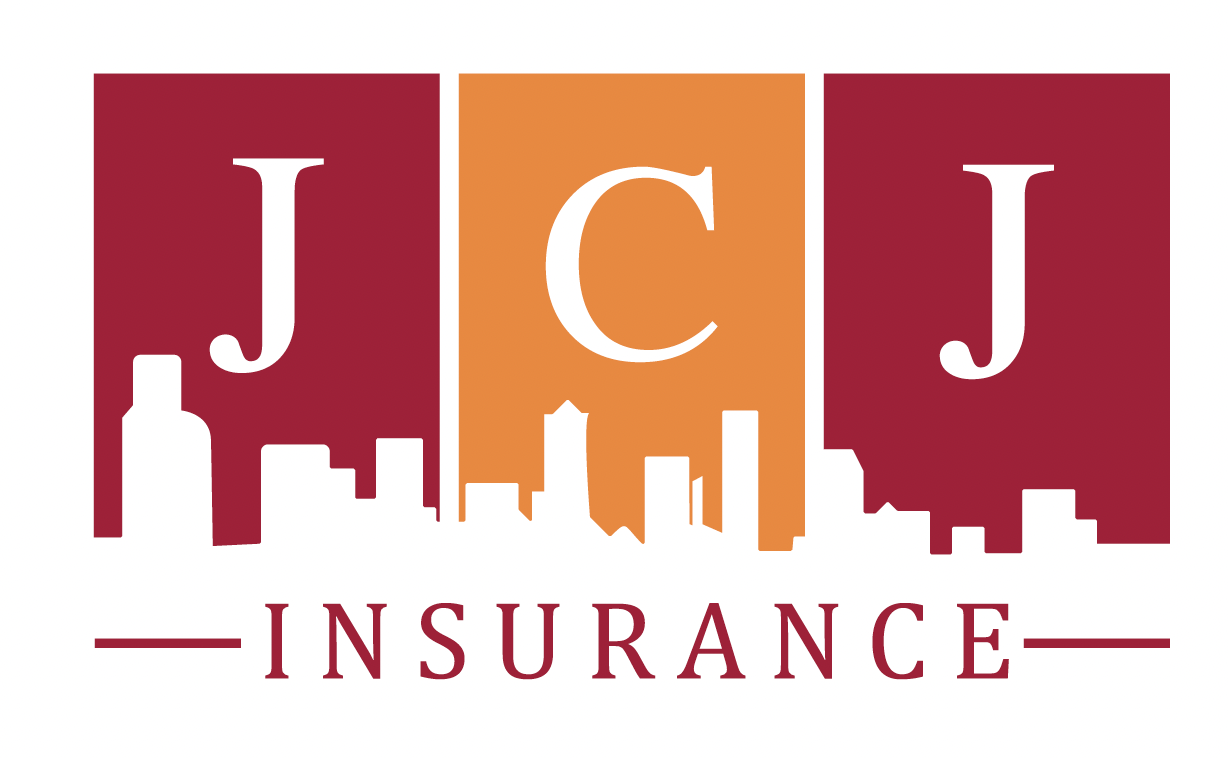By Mark Jackson and Erin Kelley, JCJ Insurance Agency
Whether your company owns vehicles or not, chances are you have employees who use their personal vehicles for business purposes. Most design firms are aware that they need proper coverage for automobiles they own, but are less clear about potential liabilities for vehicles they do not own.
When your partners, employees or interns use their personal vehicles to run errands or conduct company business, your firm faces “non-owned” auto exposure. In the event of an accident, your firm could be subject to a costly claim.
Generally, your employee’s personal auto policy provides the primary insurance, even if the vehicle is used for business. However, if the damages and liability claims exceed the employee’s policy limits, then the injured party will look to your firm’s “deep pockets”. Furthermore, if your employee has a poor driving history, does not properly maintain their vehicle, or does not carry adequate insurance your company could be held liable.
There are several steps you can take to protect your business and reduce significant risks to your company’s assets.
1. Purchase Hired and Non-owned Auto Coverage
Any company that allows partners or employees to use their personal vehicles while acting in the scope of their employment and in the conduct of their business should have Hired and Non-owned automobile coverage. If your company owns vehicles, there should be a commercial automobile policy in place. We recommend adding Hired and Non-owned coverage if it is not already included. If your company does not own any vehicles, Hired and Non-owned coverage can also be purchased in conjunction with your General Liability. Hired coverage is for situations in which autos are not owned by the company or the driver. It is important to note that Hired and Non-owned coverage generally protects the company only, not the car or the driver.
2. Implement a Company Policy Regarding Automobile Use
An effective company policy identifies who can drive on behalf of the business, defines authorized travel and the company’s position on transporting others. All employees who have permission to drive either company-owned or personal vehicles should be required to provide:
• Valid Driver’s License.
• Evidence of Personal Automobile Liability Insurance proving liability coverage at or above an established company limit including personal injury and medical limits.
• Motor Vehicle Record (MVR) records from the Florida Department of Motor Vehicles. Unacceptable drivers should be prohibited from driving on behalf of your company. Your insurance agent should be able to provide guidance on what criteria constitutes an unacceptable record.
Further, you should reserve the right to check employee’s personal auto policy and motor vehicle records annually.
3. Corporate Driving Safety Guidelines
Your company policy should include general safety guidelines such as the requirement that drivers obey all driving laws, always use seatbelts, and restrict the use of mobile devices. Formal procedures for handling an accident should be provided to all employees who drive for business.
If you do not already have these insurance coverages and guidelines in place, we recommend discussing your needs with an insurance professional who has experience working with design firms. Auto liability claims can be very expensive, especially if injuries are involved. Any type of exposure for your firm, no matter how small, is too big to ignore.
Mark Jackson is a founding partner of JCJ Insurance Agency. Mark specializes in professional liability and other commercial insurance for architects and engineers. Mark provides an array of services, including contract review and continuing education seminars. He serves as President for a/e ProNet, a network of insurance brokers and attorneys who specialize in serving design professionals. Mark graduated from UCF and has earned the Associate in Risk Management (ARM) designation from the Insurance Institute of America.
Erin Kelley is a specialty insurance advisor at JCJ Insurance Agency. Her specialties include professional liability and other commercial insurance for architects, engineers, environmental consultants, attorneys and the commercial real estate industry. In addition, Erin provides risk consulting services including risk management best practices, seminars, contract reviews and subconsultant risk management. Erin is active with several industry associations including AIA, a/e ProNet, ASHE, CREW Orlando, and FES. Erin graduated from the University of Florida in 1992. She holds a Florida General Lines insurance license and a Florida Real Estate License.
